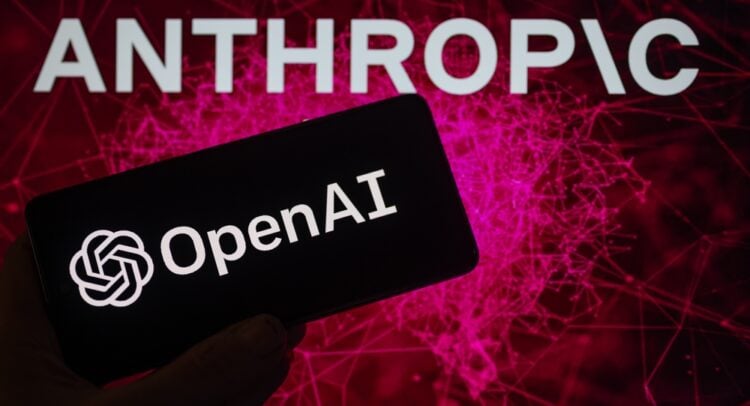The landscape of artificial intelligence is rapidly evolving, particularly through the functionalities presented by tools such as OpenAI’s ChatGPT and Anthropic’s Claude. Each platform caters to different segments of user needs, presenting a compelling opportunity for small and medium-sized business (SMB) leaders and automation specialists to strategically evaluate which tool suits their objectives. A comparative analysis of the two platforms reveals both advantages and limitations that can significantly influence business operations.
OpenAI’s ChatGPT has gained widespread popularity across various demographics, as evidenced by a recent study indicating that over 70% of its conversations are casual or personal in nature. This contrasts starkly with prior data from June 2024, when personal use comprised only 53% of interactions. Moreover, the tool is predominantly employed for obtaining advice, writing assistance, and learning—collectively accounting for 78% of its usage. Such versatility makes ChatGPT particularly appealing for SMB leaders looking for a cost-effective means to enhance productivity in personal and informal contexts.
However, while ChatGPT excels in casual tasks, its application in professional settings appears to be comparatively limited, with only 27% of conversations categorized as work-related. Even among these interactions, the tool primarily functions as an assistive resource rather than a direct executor of tasks. Notably, coding—which many might deem a critical function for businesses transitioning to tech-driven environments—constituted a mere 4.2% of chats, and satisfaction levels within this category were the lowest.
In contrast, Anthropic’s Claude demonstrates a more targeted utility for professional and technical discussions. The data suggests that Claude is predominantly utilized by professionals in coding, research, and education, making it an attractive choice for companies seeking to integrate AI into their workflows efficiently. Claude’s functionality is characterized by a high level of automation, with 77% of tasks—such as coding, administrative support, and the development of AI systems—executed fully by the AI itself. This high degree of automation presents a substantial return on investment (ROI) for organizations, particularly those that rely heavily on coding and technical execution.
One key differentiator is the scalability of each tool. For startups or SMBs with limited resources, OpenAI may serve as a quick solution for enhancing personal productivity and light project management. Yet, for more scalable and comprehensive automation solutions, particularly for organizations that require advanced coding capabilities or sophisticated research functionalities, Claude appears to be the stronger contender. Hence, understanding the specific needs of the organization is crucial in selecting between these platforms.
Cost considerations also play a significant role in the decision-making process. OpenAI’s offerings are primarily subscription-based, aligning with many SMB budgets and enabling access to their robust features without substantial upfront investments. On the other hand, Anthropic’s Claude, while potentially offering higher value through automation, may involve higher operational costs that could influence short-term profitability.
A deep dive into user satisfaction reveals additional insights into the strengths and weaknesses of both platforms. Although OpenAI enjoys a larger base of casual users, its limitations in coding functionalities indicate potential frustrations for tech-oriented teams. Conversely, Claude’s effectiveness in professional environments may solidify long-term relationships with businesses that rely on coding and automation. However, if organizations primarily need a tool for casual interaction or basic operations, ChatGPT may suffice.
The competitive landscape in AI automation further complicates these choices. While both platforms are part of vast ecosystems—Microsoft backing OpenAI and Amazon supporting Anthropic—SMB leaders should remain vigilant about how these ecosystems could influence future developments and service integrations. For instance, Microsoft’s continual enhancements to ChatGPT could gradually bridge the gap in its professional applicability, while Amazon’s ongoing investment in Claude’s capabilities may enhance its user experience and automation efficacy.
In light of these detailed comparisons, SMB leaders and automation specialists must conduct a careful assessment of their specific needs, the desired level of automation, the relevance of coding capabilities, and the associated costs. Engaging in pilot projects may also offer valuable insights into how effectively these tools can be integrated into their operations and whether they can deliver on the expected ROI.
FlowMind AI Insight: As the AI landscape evolves, the choice between platforms like ChatGPT and Claude should hinge on strategic alignment with business goals. Fostering a nuanced understanding of each tool’s strengths and weaknesses can lead to informed decisions that enhance productivity and maximize ROI. Prioritizing a solution that aligns with both immediate and long-term objectives is essential for achieving sustainable growth in this increasingly automated world.
Original article: Read here
2025-09-15 18:09:00

